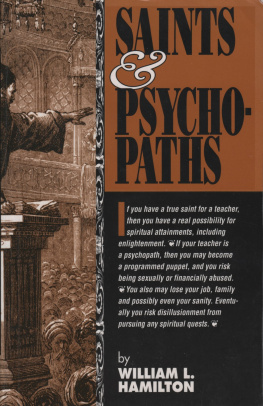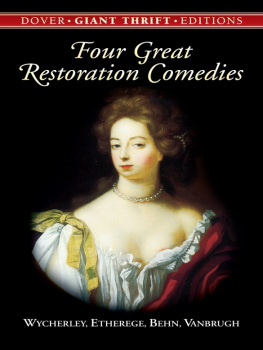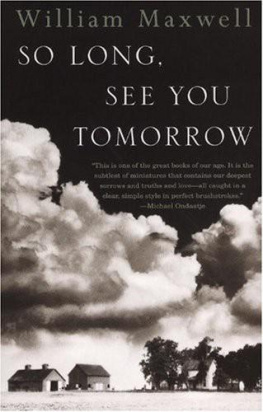PENINSULAR SKETCHES.
MARCH TO MADRID, AND RETREAT FROM BURGOS.
In the meantime, the second division had moved, in the middle of September, across the Guadiana, through Truxillo Jaracejo, towards Almarez, and then crossed the Tagus, by a pontoon bridge, and continued its movement on the right of that river, passed Talavera de la Reyna, and arrived, on the 30th, at Toledo, occupying both banks of the Tagus. Lord Hill pushed forward his advance to Yepes and its vicinity, taking the command of the right wing of the army, composed of the second, third, fourth, and light divisions, besides cavalry and artillery. For my part, I had no sooner contrived to get out of bed at Salamanca, than I began to pace up and down the room, and in a very few days gained sufficient strength to be enabled to inhale the fresh air in the cool of the evening; while walking slowly along, I met the staff doctor of our division, who expressed much regret that he had not been aware of my being sick in that town, and offered every assistance in his power; I expressed my thanks, but informed him that I intended to join my regiment. He asked me if I was mad, and insisted on my giving him a promise not to think of prosecuting so wild a scheme for the present; which I was necessitated to acquiesce in, from a fear that he would effectually stop my rambles; however, two days afterwards, I presented myself to the medical board, which sat daily to examine officers; the group of medicos were seated round a table, and having eyed them particularly, I experienced great relief at finding the worthy doctor did not form one of the party. I felt considerable agitation, from-a fear that they would not sanction my departure, which gave me a colour; in fact I reported myself in perfect health, and obtained permission to proceed to rejoin the army with a strong detachment who were about to depart for that purpose. At five o'clock next morning, the day before I was to recommence my journey, my servant entered my quarter, and announced that my mule had been stolen during the night, out of the stable, and that my horse had been running about loose, with the door wide open. This unwelcome intelligence caused me to tremble so violently that I sunk down on the bed, nor do I ever recollect being so agitated in my life, for I had no means left to supply its place, and I could not have walked, in my weak state, half a league; fortunately, an officer who had just come from England to join us, relieved my anxiety, by offering to carry my baggage on one of his animals.
At daylight the next morning we started; the spangled dew still hung on the trees, the morning breeze refreshed my body and mind, and with exhilarated spirits, I felt as if new life and fresh vigour had been conveyed throughout my frame. The dead French soldier was still stationary in the wood, and in exactly the same position already described. On re-entering Alba de Tormes, I passed the apothecary's shop with exultation, which only three weeks before I had entered in such a miserable plight. When we passed through Arevalo, one of the narrow streets leading to the Plaza was choked up with cars from Burgos, crammed to overloading with exhausted, speechless, and wounded Highlanders, covered with hot sand, and many of them slumbering unto death; their pallid countenances portrayed the speedy dissolution of their lingering sufferings, while their sable plumes and torn tartans hung loosely on the pointed stakes, which formed the temporary sides of the rude vehicles. I searched in vain, through every narrow avenue, and amongst numerous convents and monasteries, for the house of the young lady who had been so attentive to me in that town, as I well recollected the high walls of one of those fabrics inclosing one side of the garden; I was, therefore, in hopes that in some spot of difficult access, I should find the fair object of my solicitude. The whole of the following day (during our halt) was passed, however, in fruitless search.
Continuing the march, our little column consisted of three hundred and fifty men, and when within sight of the distant villages, which were surrounded by extensive plains, the church bells rang merry peals: almost the whole of these places had been entrenched by temporary works, and the churches loopholed by the French posts of communication, to protect their small detachments from being destroyed or cut off by the Guerillas, or surprised by the infuriated peasantry. Shortly before we reached the Guadarama mountains, we struck into the high road to Madrid; for many miles there was scarcely a house to be seen. At length we came to a Posada, but the casa had been thoroughly gutted, and it was impossible for the owners of it to procure anything for us to eat. The country bore a very solitary aspect until we began to ascend the pass by the paved road, cut in a zigzag direction up the face of the mountain, on the top of which stands a stone fountain. The prospect from this spot is very grand, commanding a distant view of Madrid, the palace of the Escurial, and of the rugged mountains extending towards Segovia, which are covered with snow during the greater portion of the year.
The poor village of the Guadarama is situated in a valley at the foot of the grand pass. Towards evening, our horses being in some degree refreshed, we rode into the park of the Escurial, which is of considerable extent, and lies adjacent to the village, producing pretty good pasturage, but infested by prowling wolves and wild boars. The trees are generally of small growth, consisting of oak, carob, ash, and cork. The front of the palace of the Escurial looks towards the mountains of the Guadarama, and is built of a grey granite, in the shape of a gridiron. This culinary utensil is represented in the books of mass, on the doors, and various other parts of the building, which is perforated by innumerable windows. The length of the edifice is six hundred and forty feet, breadth five hundred and eighty, and sixty feet high. The pantheon of the palace is octagon, composed of marble; about fourteen niches are occupied by embalmed kings and queens, with a variety of other curiosities worthy the observation of the traveller. Returning towards the village, the old man of the house assured us the extraordinary edifice we had explored was nothing to the wonder and astonishment we should experience at the grand bull fights of Spain. The tears rolled down his furrowed cheeks as he ran about the room, which was paved with red tiles, representing the wild Andalusian bull staring with surprise on first entering the arena; then getting astride of a chair, he showed us how the Piccador received the bellowing bull on his lance, and the way he was frequently tossed, mangled, and killed, by the infuriated animal; then again, skipping and dancing about the room to represent the men insinuating the pointed darts and crackers into the animal's neck, and finally the graceful Matador, with a red cloak over one arm, and a short sword in his hand, making his obeisance with a profound bend to the seoras and cavalleros who excite him by countless vivas, and the waving of their white hands, and whiter pocket-handkerchiefs, to dispatch the staggering bull at one thrust. At length the ancient cavallero became so much exhausted by his exertions and feelings, that he fell back motionless in his chair, exclaiming, Oh, los ladrones Franceses! they have eat up all our Andalusian bulls, killed our poultry, got all our













